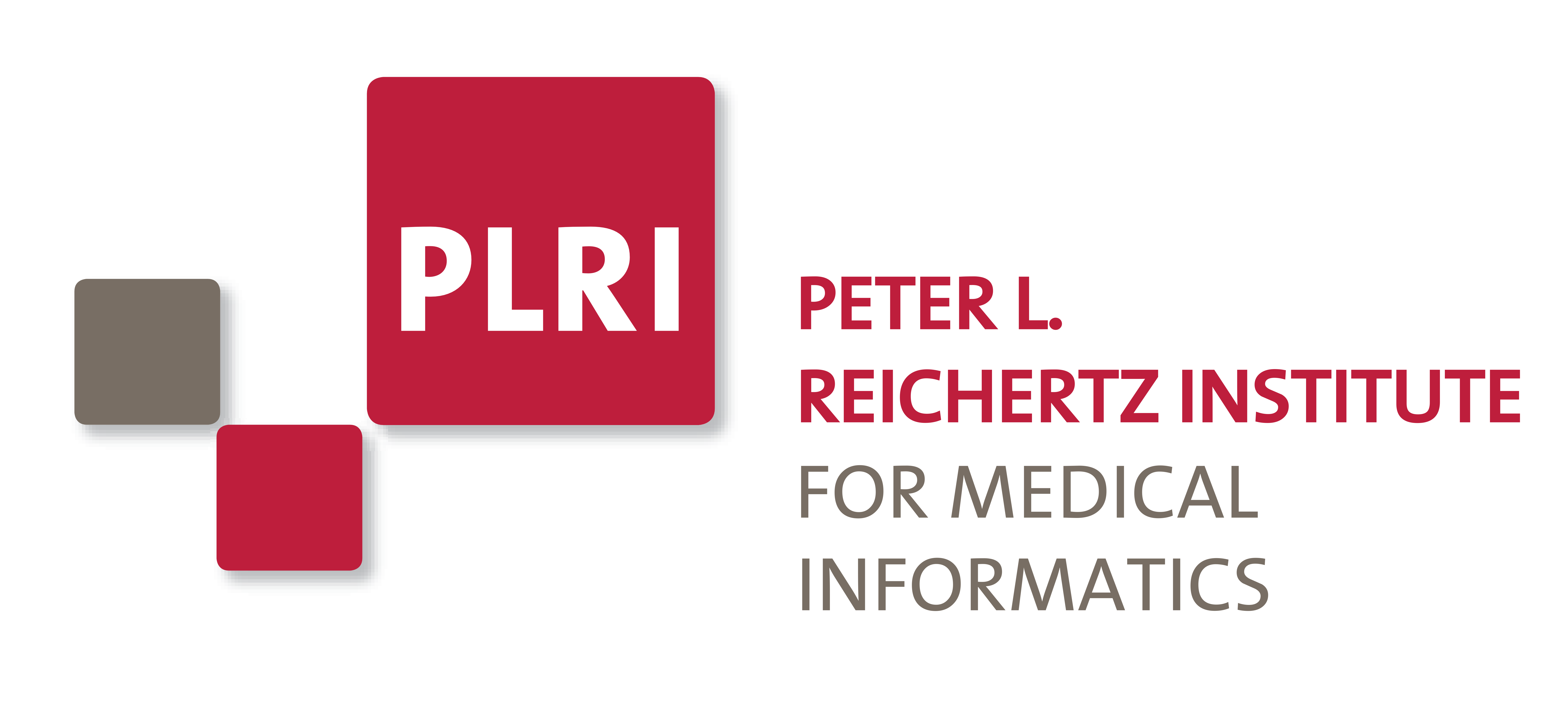
HiGHmed - Teaching TU Braunschweig
Contact
Project partners
- Faculty of Natural Sciences and Technology, University of Applied Sciences and Arts Hildesheim/Holzminden/Göttingen
- Faculty III – Media, Information and Design, Hochschule Hannover – University of Applied Sciences and Arts
- Faculty of Computer Science, Heilbronn University of Applied Sciences
- Department for Epidemiology, Helmholtz Center for Infection Research
- Hannover Medical School
- Medical Faculty Heidelberg, University of Heidelberg
- University Medical Center Göttingen
Futhermore there are cooperations with private-sector partners

Funding
The project is funded by the Federal Ministry of Education and Research within the national initiative ”Medical Informatics”.

Summary
A major challenge in establishing the Medical Data Integration Center (MeDIC) in the HiGHmed project arises from the low availability of Medical Informatics (MI) specialists with required skills. For this reason, in the work package Teaching and Training eight digital media modules are currently being developed by eight universities and universities of applied science, in order to convey the required competencies. These modules intend to fill existing gaps in the typical medical informatics curricula. Due to the integration of eLearning – such as learning videos, multimedia content and tests with automatic evaluation – students at the TU Braunschweig can also take modules from other academic partners. The offered eLearning modules are:
- Medical Imaging Technologies and Data
- Health-Enabling Technologies and Data
- Image- und Signal-Based Assistance System
- Advanced Concepts of Data Analytics and Curation
- Reliable Medical Research
- Citizen Centered Medical Information Management
- Decision Support in Medical Care
- Digital Epidemiology
The module "Health-Enabling Technologies and Data" is developed by PLRI and will be offered at the TU Braunschweig from the winter semester 2019/20. It is focused on data that are recorded by Health-Enabling Technologies (HET). Such recordings can be obtained from multiple environments such as smart homes, vehicles, wearables or even within the human body (smart implants). HET-generated signals and measurements yield data with a low signal-to-noise ratio, shifting offsets, and data gaps, causing special difficulties in processing and analytics. Particular challenges are (i) reliable data collection, (ii) secure transfer, and (iii) semantic integration of this data with electronic health records, especially when non-medical sensors are used for health-relevant prediction and alarming. Furthermore, the automatic understanding of measurements requires robust algorithms. In this module, students will learn to understand and solve these challenges by appropriate methods for processing and analytics of (bio-)signals. The methods will also trained practically using MATLAB and ImageJ. In addition, the basics of semantic interoperability, the determination of a reliable ground truth for the evaluation of algorithms, and the model-based methodology for real-time monitoring, event prediction as well as accident and emergency detection will be covered in this module.
The participation of other modules is also possible from the winter semester 2020/21.
Duration
2018 to 2021





